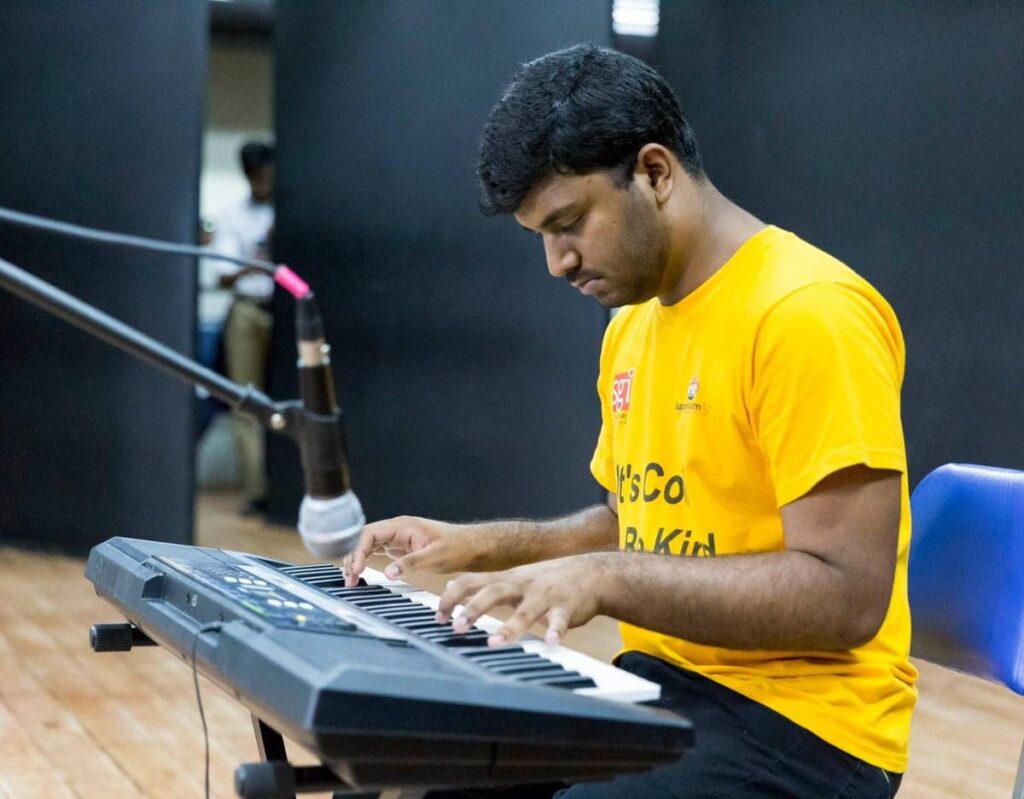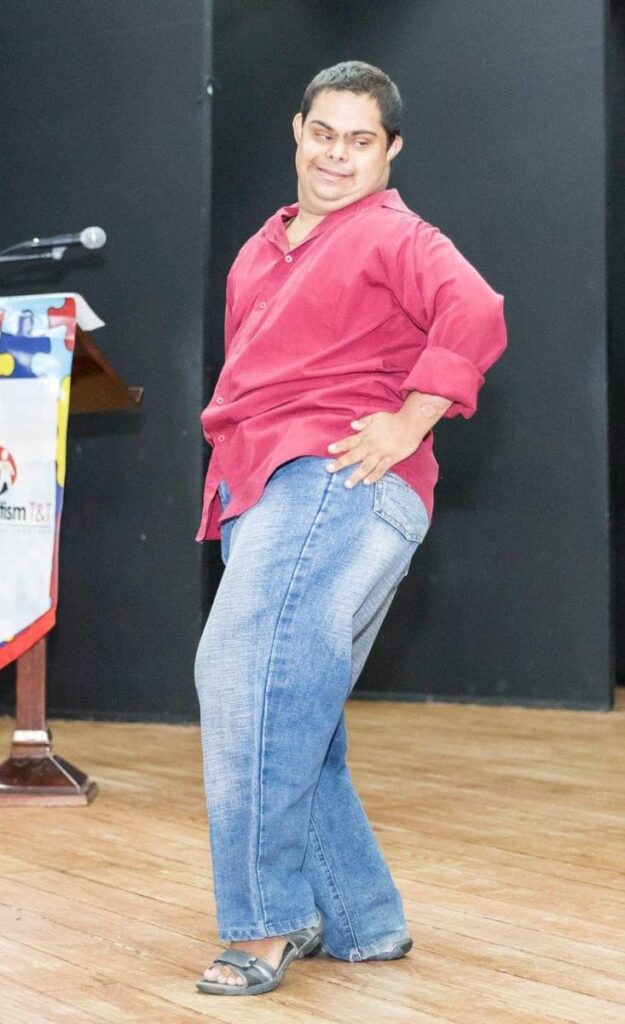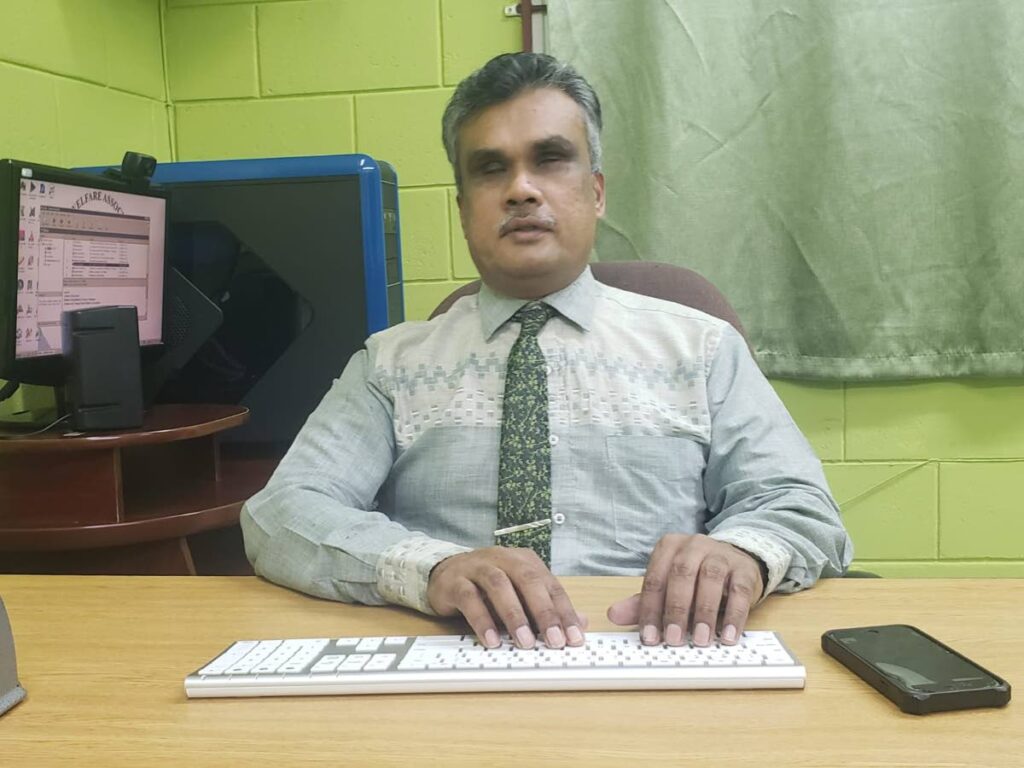Attitudes to disability in Trinidad and Tobago

DR RADICA MAHASE
On Friday, December 3, Trinidad and Tobago will join the rest of the world in celebrating International Day of Persons with Disabilities. This day, designated by the UN, is about “promoting the rights and well-being of persons with disabilities at every level of society and development, and to raise awareness of the situation of persons with disabilities in all aspects of political, social, economic, and cultural life.” This day is meant to be a time when countries reinforce “the importance of securing the rights of people with disabilities, so they can participate fully, equally and effectively in society with others, and face no barriers in all aspects of their lives.”
Disability is defined as a physical or mental condition that limits a person’s participation, abilities or activities. It doesn’t include people with special needs – special needs usually refer to those with learning disabilities such as autism, etc. There are over one billion people in the world living with a disability, and this number is increasing because of chronic health conditions and so on.
In TT, according to the most recent data, the 2011 census, there are approximately 26,234 adult females and 26,010 adult males with disabilities and 3,302 children aged 0-17 years. Sadly, we do not have consolidated data on the population of people with special educational needs.
Discrimination against people with disabilities can be seen at all levels in this country – from lack of equal access to education, health services, employment opportunities and housing to social stigma and limitations in mobility because of inaccessible buildings, etc.

What is interesting in our country is that legislation does not translate into equal access to opportunities or a change in attitudes towards disabilities. In fact, legislation is ineffective.
According to Kenneth Suratt, executive officer of the TT Blind Welfare Association, “We must lift the expectation of all persons pertaining to disabilities. The person with a disability must have
an expectation for themselves; the parents, the teachers, the community – unless we don’t take it on that level, we are going to have problems.
“Also, we must stop using words like ‘blind’ and ‘cripple’ and ‘deaf’ in a negative way. When we use those words in a negative way, it falls on the ear and psyche of children with disabilities.”
Lifting expectations has nothing to do with a person’s education or status and everything to do with someone’s attitude and mentality. According to Suratt, “My mother had high expectations for me and she only had a primary school education.”
When teachers have high expectations for their students and parents have high expectations for their children, only then will people with disabilities have an opportunity to achieve their full potential.
In Suratt’s words, “A teacher is supposed to be able to teach all students, regardless of that student’s abilities. A teacher is a teacher and should be able to teach everyone.”
He noted that he had teachers who didn’t know about disabilities but nevertheless taught children with disabilities. Teachers who devised ways of teaching science to blind children – because first and foremost they were teachers who wanted every single student to learn.
“They didn’t see the disability, they just saw students and as teachers, they taught everyone equally.”

Photo Courtesy Kenneth Suratt -
Suratt said, “If a ‘normal’ child goes to a regular school, there are whiteboards, etc, to cater for that child, so in the same way, why didn’t we cater for the child who is blind? Why is the classroom not set up for the child who is blind? How come we don’t make sure that the teacher who is in the classroom knows how to teach the child who is blind?”
Suratt, who has been advocating for inclusion and equal access to opportunities for many years, is also a commissioner on the Equal Opportunity Commission. He notes that, “The disabled person is not the problem, the problem is that we are an ableist society.”
Ableism is discrimination and social prejudice against people with disabilities based on the belief that typical abilities are superior, and this is extremely prevalent in TT society. We see high achievement as academic achievement; we focus on high-achieving learners; and we believe that people with disabilities who are high achievers are the exception, not the norm.
Long-term policies are needed for people with disabilities in our country.
Suratt noted, “We focus on grants and not on rehabilitation; grants are not the way forward. We need to create institutions and wider structures to help persons with disabilities. The problem we have is the fear of the disability, not the disabled person.”
Dr Radica Mahase is the founder/director of Support Autism T&T


Comments
"Attitudes to disability in Trinidad and Tobago"